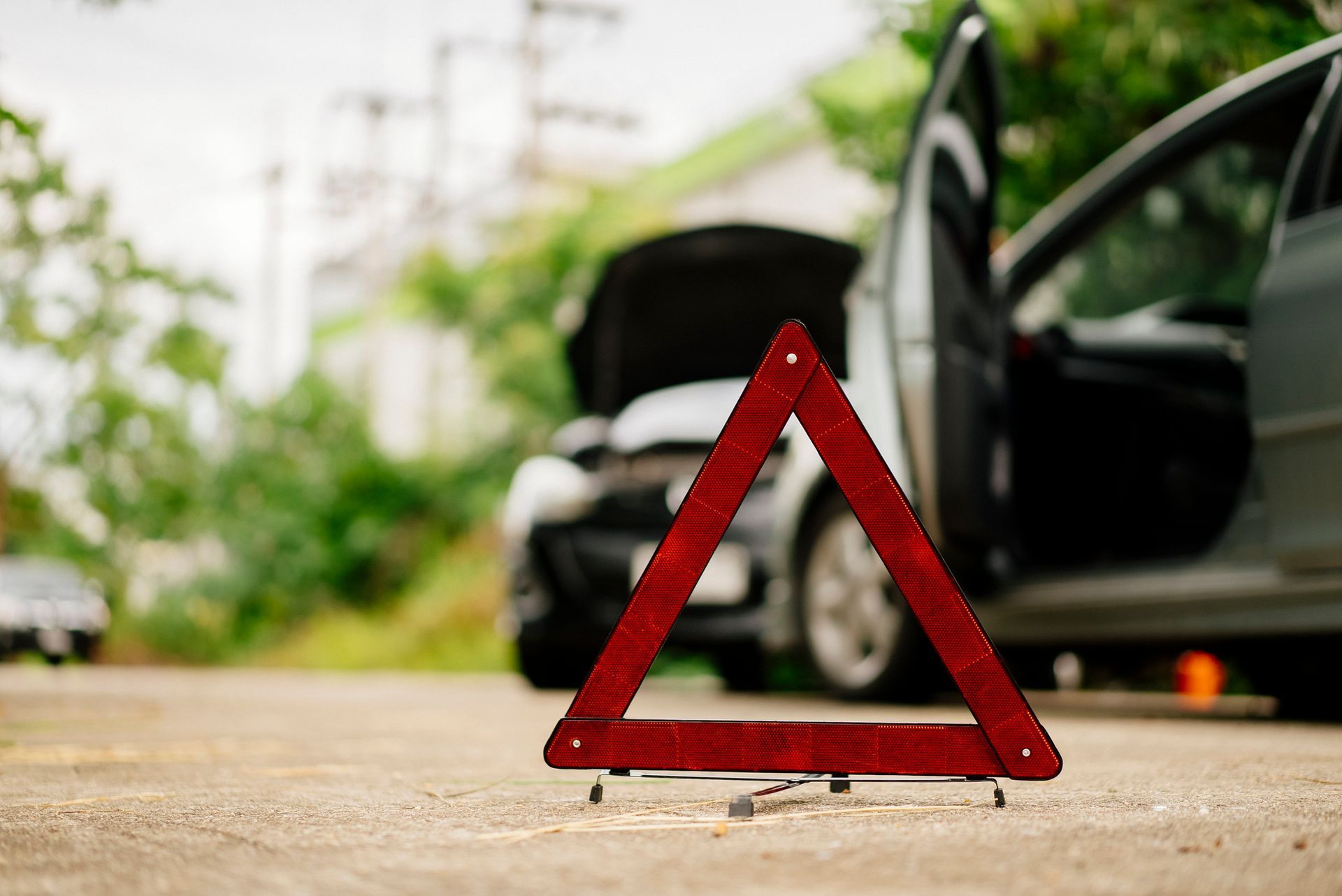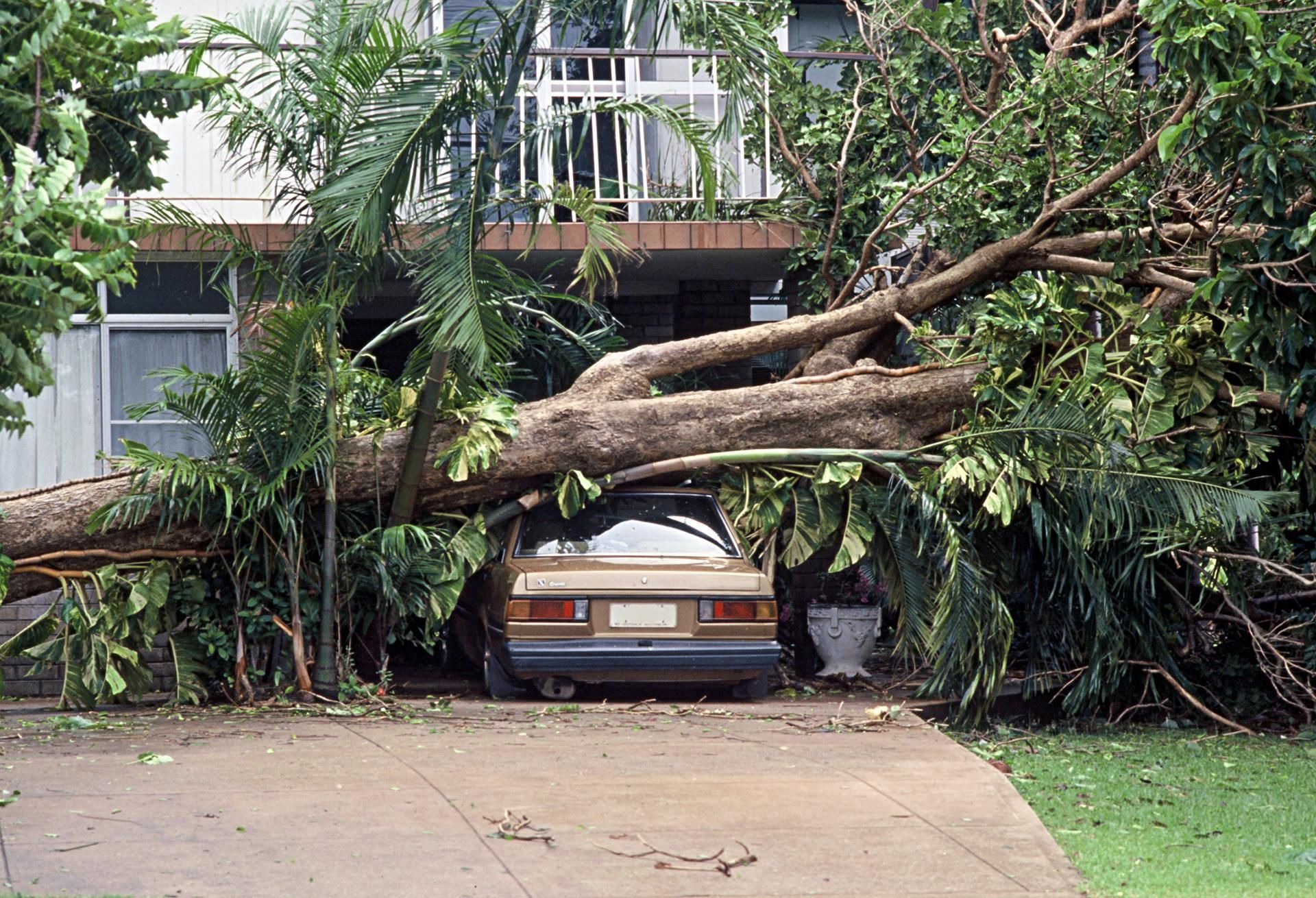CONTACT US! (503) 362-9252
SERVING SALEM & THE GREATER WILLAMETTE VALLEY AREA
525 Glen Creek Rd NW Salem, Oregon 97304
4 Common Car Accident Injuries
Car accidents are jarring experiences that can cause a wide range of injuries, affecting victims physically, emotionally, and financially. Understanding the types of injuries that commonly occur in car accidents can help you seek appropriate medical care and pursue the necessary legal actions. Here are four common car accident injuries, their causes, symptoms, and possible long-term effects.
1. Head Injuries
An automobile accident can cause minor to severe head and brain damage. Head injuries such as concussions, bruises, and lacerations can be subtle and hard to notice unless the victim has a thorough examination.
Traumatic brain injuries and other open head injuries like cuts and lacerations that need stitches are possible outcomes of more serious accidents. Memory loss, inability to focus, speech impediments, and language comprehension are only some of the long-term consequences of a head injury.
Paralysis, tremors, difficulties with coordination, and impaired vision and hearing are only some of the physical and motor impairments that can emerge after a brain injury. Recovery after a serious head or brain damage is generally gradual and extremely customized, depending on the severity of the injury and the individual's circumstances, and can require extensive treatment over a lengthy period.
2. Neck Injuries
Accidents can cause various neck injuries, from mild sprains and whiplash to severe traumatic disc damage and cervical dislocation. Whiplash is one of the most prevalent types of neck injuries and occurs when the head suddenly snaps back or forward, causing the neck to snap back or forth. An improperly deployed airbag can also cause whiplash.
Muscle strain is another common accident-related neck condition, right alongside whiplash. When the impact causes soft tissues in the neck to be damaged, this is the outcome. After an accident, see a doctor right away if you experience any neck pain or muscular spasms. Such injuries are typically diagnosed using imaging tests, including X-rays, computerized tomography (CT) scans, and magnetic resonance imaging (MRI).
Disc injuries and cervical dislocations are particularly dangerous because of the possibility of permanent disability or paralysis they pose.
3. Back Injuries
Sprains and strains, broken vertebrae, ruptured discs, and even spinal cord damage are all possible outcomes of a traumatic event involving the back. The most severe injuries to the back are spinal cord injuries, which can be caused by blunt force trauma. In severe cases, the victim may experience lifelong loss of sensation or function due to paralysis that develops at or below the site of the damage.
Injuries to the ligaments, muscle tissue, or tendons of the spine can cause mild to severe pain, stiffness, numbness, or tingling anywhere from the affected area. When one or more of the spinal bones (vertebrae) crack, movement is limited and pain is likely to result. When the shock-absorbing discs between your spine's vertebrae rupture, they might move out of position and stress your spinal cord, causing pain and tingling sensations.
4. Arm and Leg Injuries
Fractured or bruised ribs and heart attacks are some of the possible chest injuries after an accident. Fractures can happen anywhere within the ribcage and can cause serious injury to the surrounding muscles and tissue. Your ribs can potentially break, causing extensive bleeding and organ damage. Resting a broken rib may help it mend, but it's still best if you consult a doctor.
In addition, the trauma of a car collision may result in cardiac arrest, so alert medical staff as quickly as possible if you notice any warning signs. In the days to months following an accident, people over 65 may be at a higher risk for cardiovascular events like heart attacks and strokes, so they should see a doctor if they start to feel sick.
Contact us at Smith Morgan, LLP to receive legal help with compensation suits for car accidents and related injuries.
CONTACT INFORMATION
Serving Salem and the Greater Willamette Valley Area
Business Hours:
- Mon - Fri
- -
- Sat - Sun
- Closed
We Accept Calls 24/7










